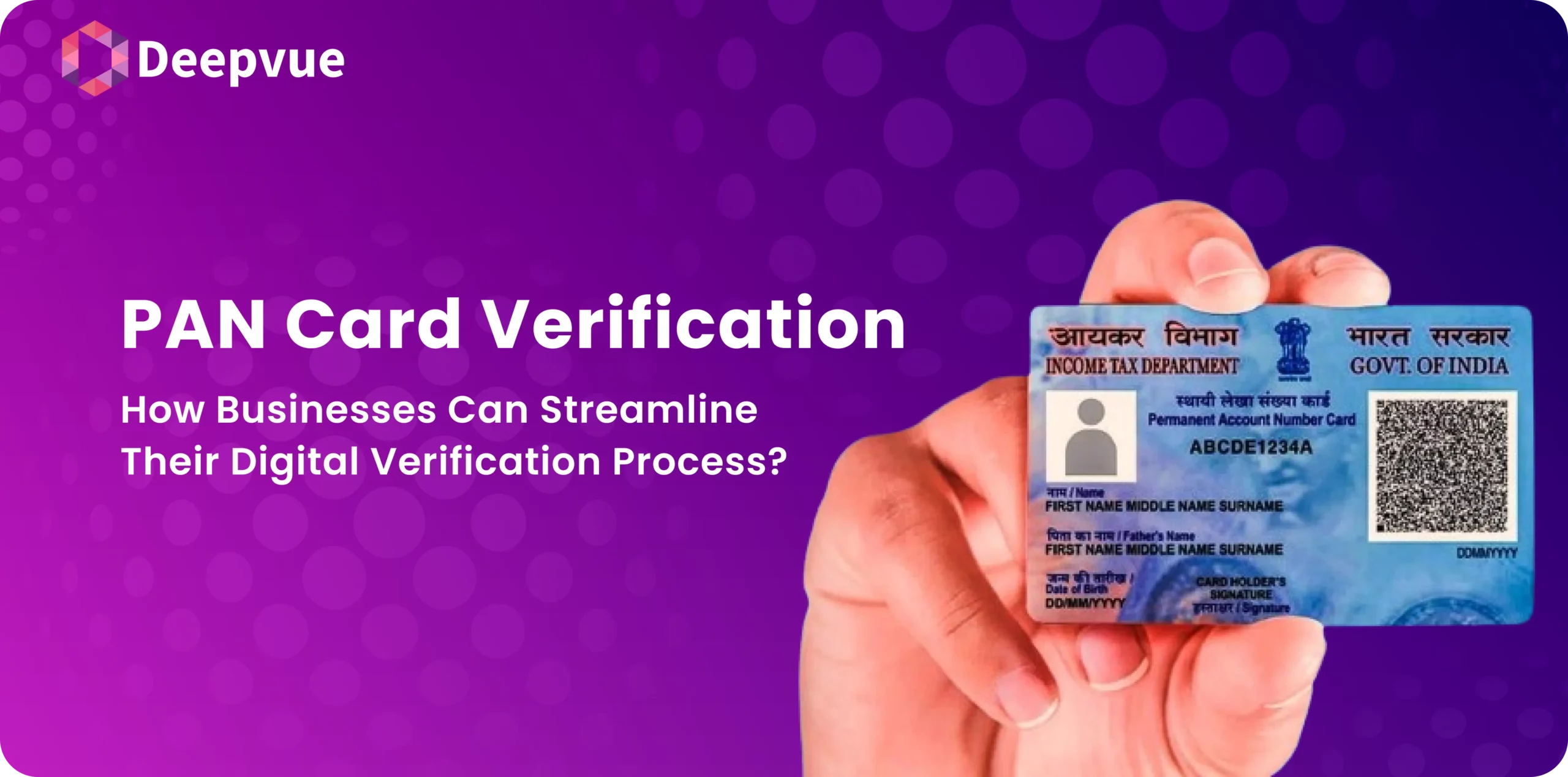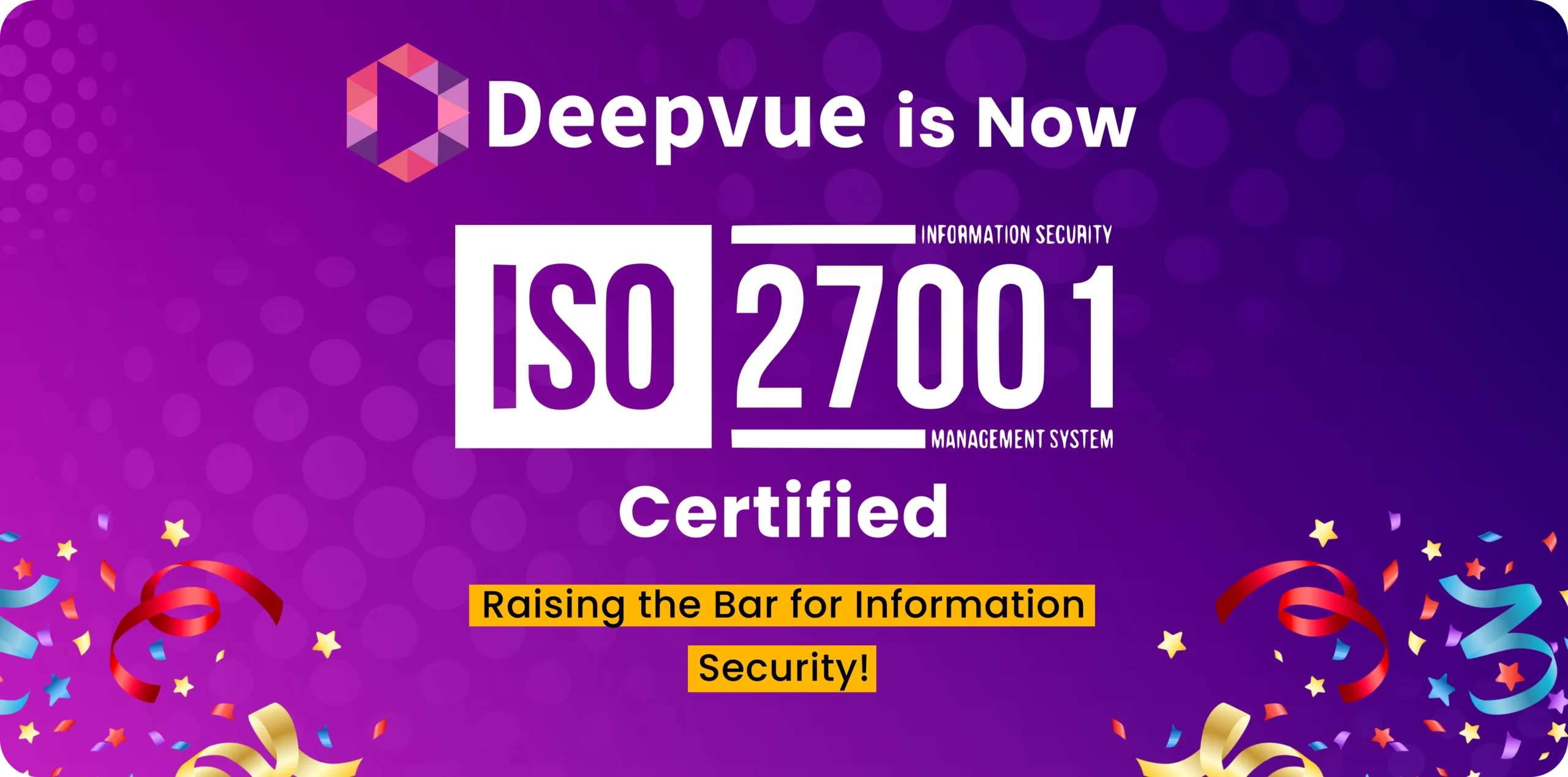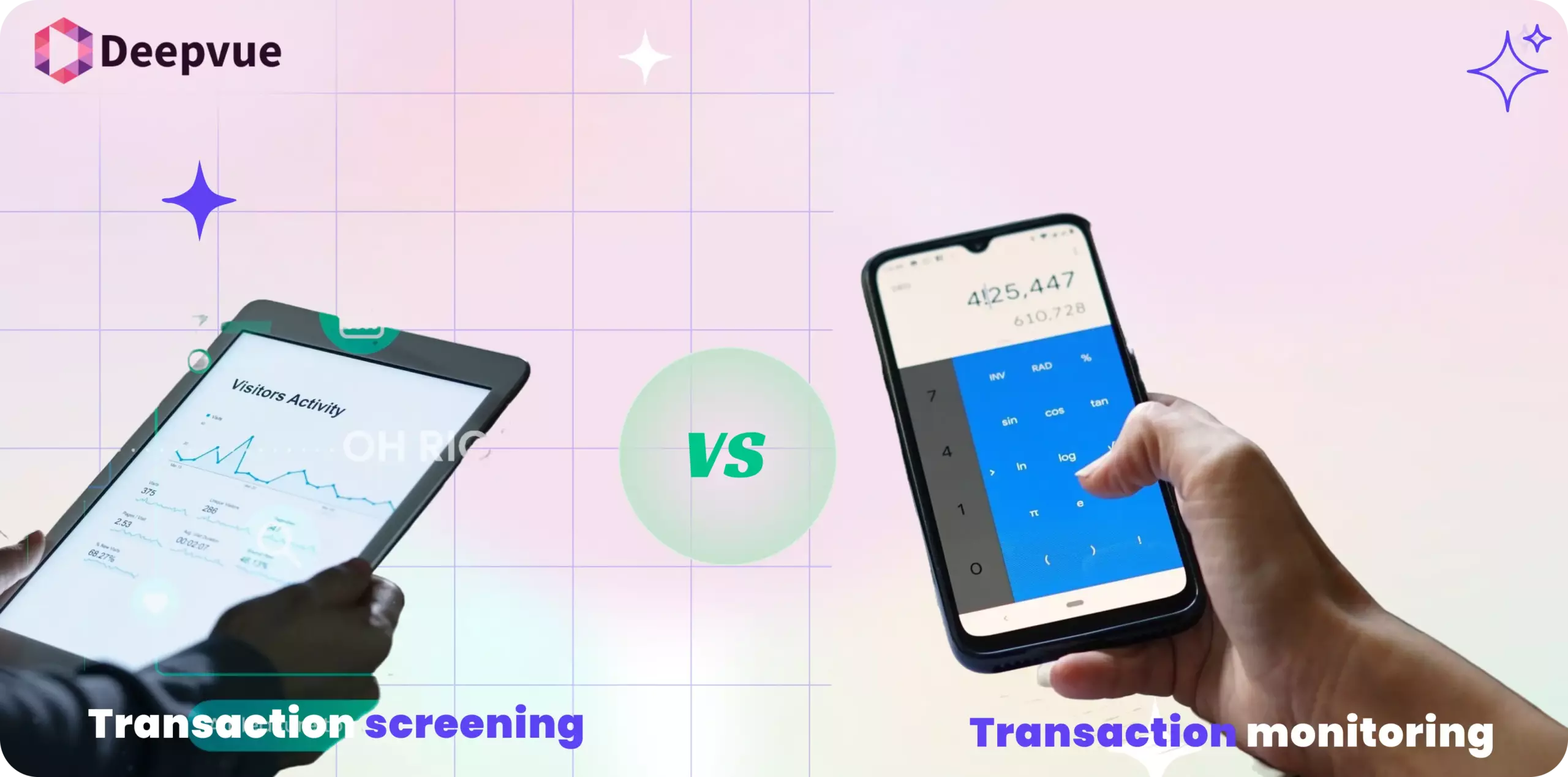What is BKYC?
BKYC stands for Business Know Your Customer, a specialized process used by financial institutions and other organizations to verify the identity of business entities rather than individual customers. This process is crucial in ensuring that companies engage with legitimate businesses and comply with regulatory requirements aimed at preventing fraud, money laundering, and other financial crimes.
Why is BKYC Important?
BKYC is essential for businesses and financial institutions for several reasons:
1. Regulatory Compliance
Businesses must adhere to stringent regulations that require them to verify the identities of their corporate customers. BKYC helps organizations meet these legal obligations, reducing the risk of penalties and legal issues.
2. Fraud Prevention
By conducting thorough checks on business customers, BKYC minimizes the risk of engaging with fraudulent entities. This helps protect the integrity of the financial system and ensures that businesses can trust their partners and clients.
3. Risk Management
BKYC allows businesses to assess the risk associated with their customers. By understanding who they are dealing with, companies can make more informed decisions, reducing the likelihood of financial loss or reputational damage.
How Does BKYC Work?
The BKYC process involves several key steps to verify the identity and legitimacy of a business:
1. Data Collection
The first step in BKYC is gathering information about the business entity. This may include company registration documents, details of key executives, financial statements, and other relevant data.
2. Verification
Once the data is collected, it is verified against various databases and regulatory bodies to confirm the legitimacy of the business. This may involve cross-checking the company’s information with official records, checking for any sanctions or blacklists, and ensuring compliance with relevant laws.
3. Ongoing Monitoring
BKYC is not a one-time process. Businesses must continuously monitor their customers to detect any changes that might indicate increased risk. This ongoing monitoring ensures that companies can respond quickly to any potential issues.
Frequently Asked Questions (FAQs)
How does BKYC differ from traditional KYC?
While traditional KYC focuses on verifying the identities of individual customers, BKYC is specifically designed for businesses. It involves a more complex process that includes verifying the legitimacy of the business entity, its executives, and its financial activities.
What information is typically required for BKYC?
BKYC typically requires detailed information about the business, including its registration documents, financial statements, the identity of key executives, and compliance with local and international regulations.






